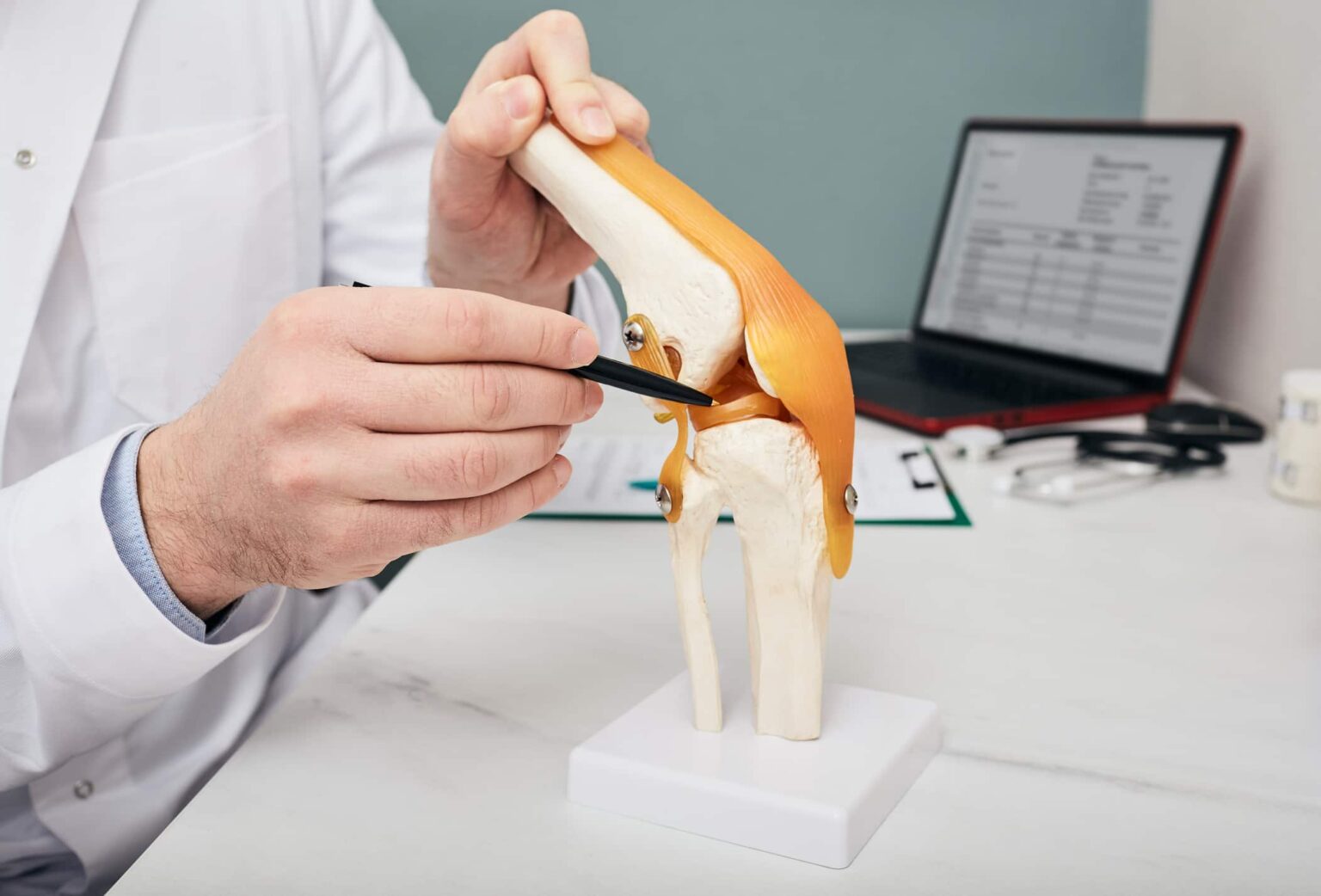Cartilage damage can severely impact mobility and quality of life. Whether caused by injury, aging, or degenerative diseases like arthritis, cartilage issues often lead to chronic pain and limited joint function. While traditional treatments such as surgery or steroid injections provide relief, they can be invasive and come with lengthy recovery times. Stem cell therapy offers a groundbreaking, less invasive alternative for regenerating cartilage and restoring joint health. In this article, we explore how stem cells repair cartilage, particularly in the knees and shoulders, and why it’s a game-changer for patients seeking faster recovery and long-term relief.

Understanding Cartilage Damage and Traditional Treatments
Cartilage is a flexible yet sturdy tissue that cushions joints and facilitates smooth movement. Unfortunately, cartilage has limited regenerative capacity, making it difficult to heal naturally after damage. Common causes of cartilage issues include:
- Osteoarthritis: The gradual wear and tear of cartilage, leading to pain and stiffness.
- Sports Injuries: Damage from high-impact activities, often affecting the knees and shoulders.
- Trauma: Sudden injuries from falls or accidents that disrupt cartilage integrity.
Traditional treatments for cartilage repair include:
- Arthroscopy: A minimally invasive surgical procedure to smooth damaged cartilage or remove debris.
- Microfracture Surgery: A technique that creates small holes in the bone to stimulate cartilage growth.
- Joint Replacement: In severe cases, damaged joints are replaced with artificial components.
While these treatments can be effective, they are often invasive and require extended recovery periods. Moreover, they may not fully restore the joint’s natural function. To learn more about these traditional methods, this comprehensive guide provides valuable insights.

How Stem Cell Therapy Repairs Cartilage
Stem cell therapy harnesses the body’s natural regenerative potential to repair damaged cartilage. At Stemwell, we use ethically sourced umbilical cord stem cells, which are known for their ability to differentiate into various cell types, including cartilage cells. Here’s how the process works:
- Tissue Regeneration: Stem cells injected into the affected area stimulate the growth of new cartilage tissue, addressing the root cause of the problem rather than just managing symptoms.
- Anti-inflammatory Effects: Stem cells reduce inflammation in the joint, alleviating pain and swelling.
- Minimally Invasive Procedure: Unlike surgery, stem cell injections require no incisions or extensive downtime, making recovery faster and less painful.
Explore the science behind stem cell therapy to understand why it’s gaining popularity as a treatment for joint issues.
Scientific Evidence
Recent studies have shown that mesenchymal stem cells (MSCs) can effectively differentiate into chondrocytes and significantly improve cartilage regeneration in preclinical models. However, it is important to note that outcomes may vary among patients depending on factors such as the severity of joint damage and overall health.
Benefits of Stem Cell Therapy for Knees and Shoulders
Patients with cartilage damage in their knees or shoulders often report significant improvements after stem cell therapy. Key benefits include:
- Reduced Pain: Stem cells effectively target inflammation and promote healing, providing pain relief.
- Improved Joint Function: As cartilage regenerates, patients experience enhanced mobility and strength.
- Avoiding Surgery: Stem cell therapy offers a less invasive option, eliminating the risks and downtime associated with surgical procedures.
- Long-lasting Results: By addressing the root cause of cartilage damage, stem cell therapy provides durable relief and improved joint health.
Read about patient success stories to see real-world outcomes of stem cell therapy.
Is Stem Cell Therapy Right for You?
If you’re struggling with knee or shoulder pain due to cartilage damage and want to avoid invasive surgery, stem cell therapy may be the ideal solution. At Stemwell, we offer personalized treatment plans tailored to your specific needs, ensuring the best possible outcomes.
Apply today to check your eligibility and take the first step toward a pain-free life with stem cell therapy.
Frequently asked questions
Stem cell therapy is most effective for mild to moderate cartilage damage. In cases of severe damage, it may still provide relief by reducing inflammation and slowing further degeneration, but the extent of repair may vary.
Unlike surgeries, stem cell therapy is minimally invasive, involves less pain and recovery time, and targets the root cause by regenerating damaged cartilage rather than just addressing symptoms.
The number of treatments varies depending on the severity of the damage and the patient’s response. Many patients experience significant improvement after one treatment, but some may require additional sessions for optimal results.
Ready to learn more about stem cell therapy?

At Stemwell, our team of doctors are highly skilled in successfully supporting thousands of people with a range of stem cell treatments. If you would like to learn more about stem cell therapy you can contact us with any questions, or apply today to check your eligibility.



